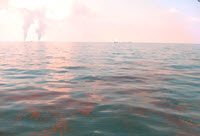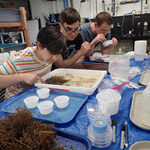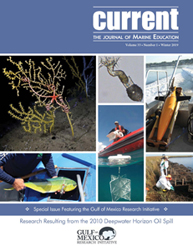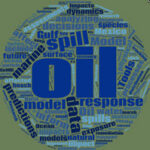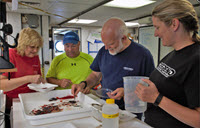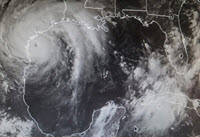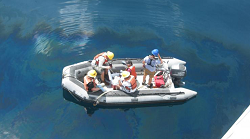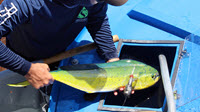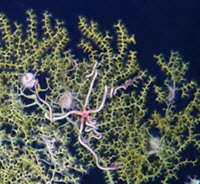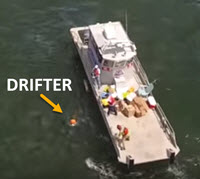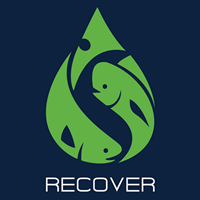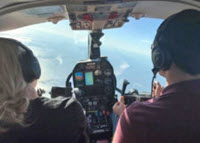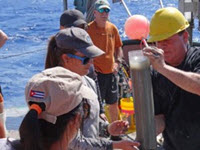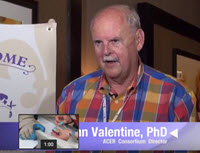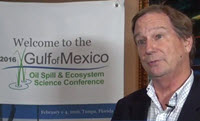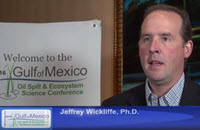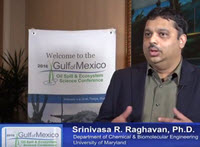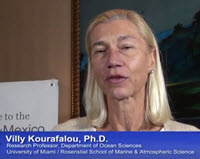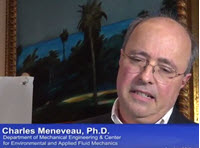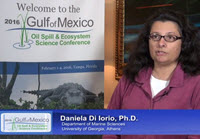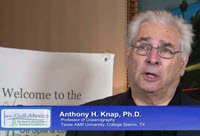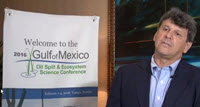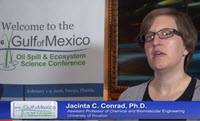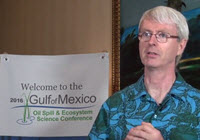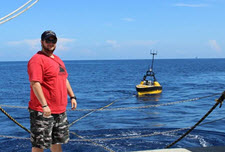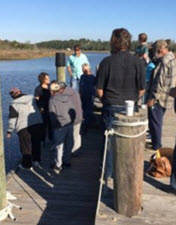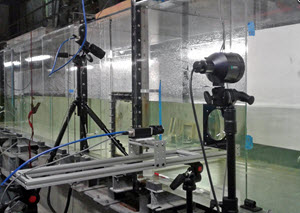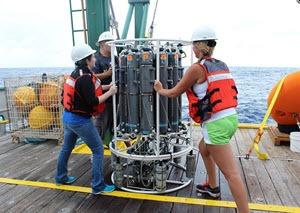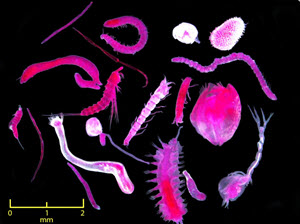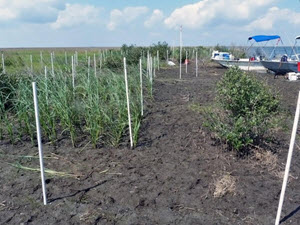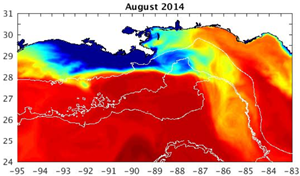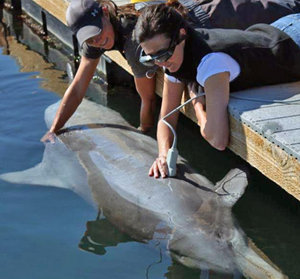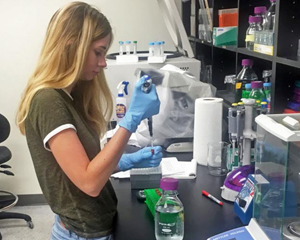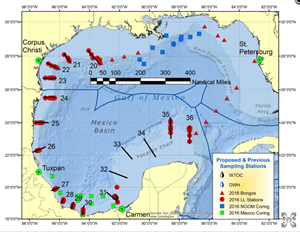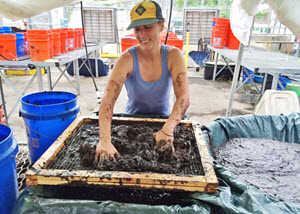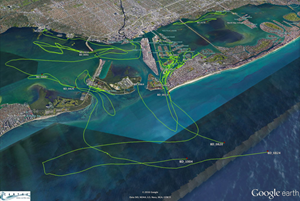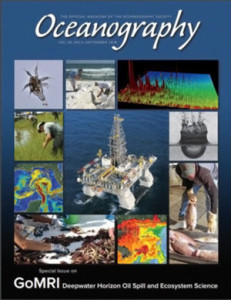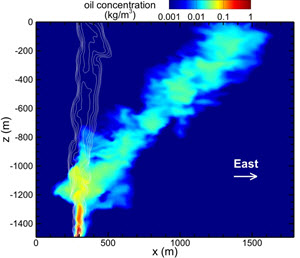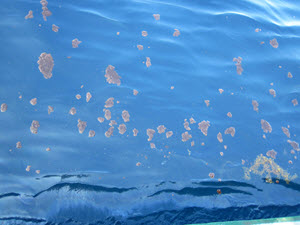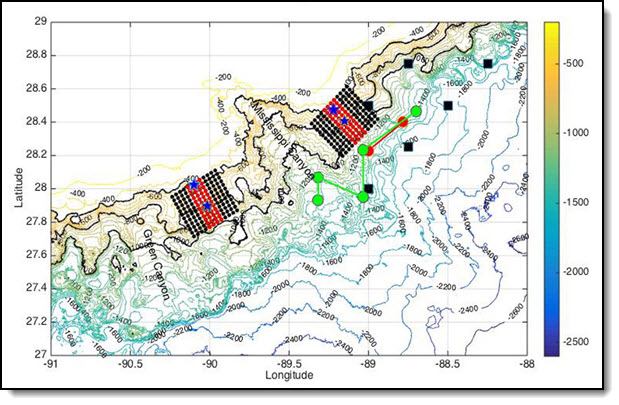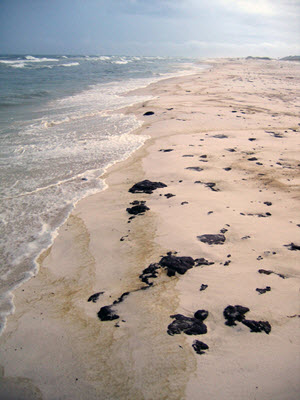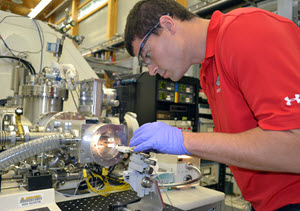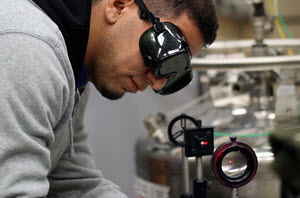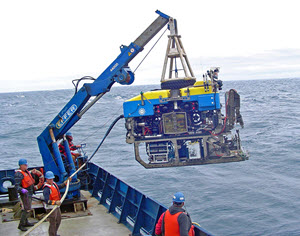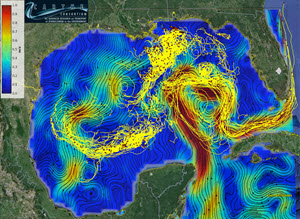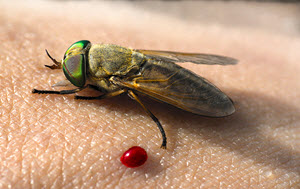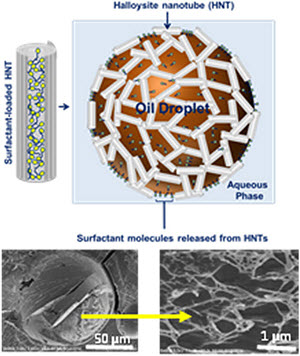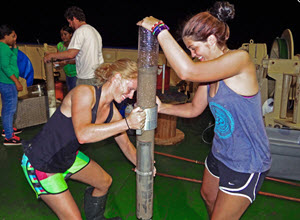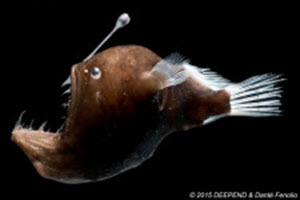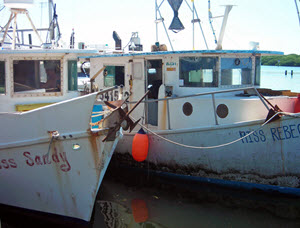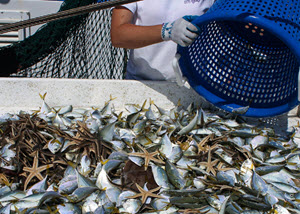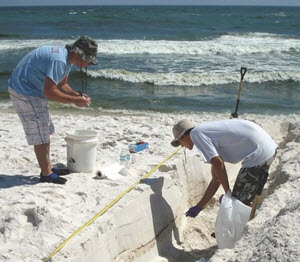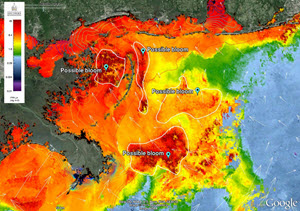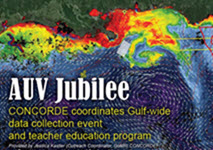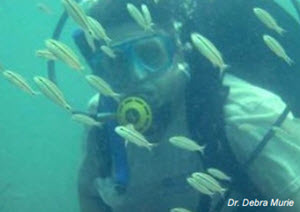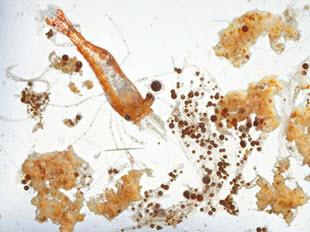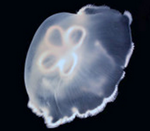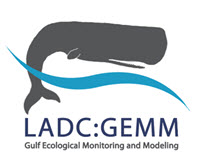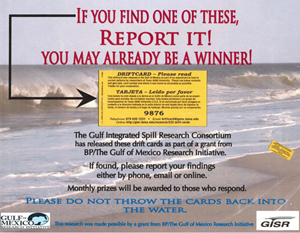Category Archives: GoMRI Science
Sea Grant has released an Oil Spill Science Fact Sheet pointing readers to a variety of oil spill science information sources for both general and specific research and response audiences. The fact sheet is found here
Sea Grant has released an Oil Spill Science Outreach publication discussing examples of how oil and dispersants might affect Gulf of Mexico fisheries to help natural resource managers maintain healthy Gulf of Mexico ecosystems and protect the livelihoods of the people that depend on them. The bulletin is found here
The Gulf of Mexico Sea Grant Oil Spill Science Outreach Program has created overviews of the GoMRI synthesis activities. Core 1: Advancements in Understanding Ocean Circulation and Tracking the Movement of Oil Core 2: The Fate of Oil: Insights after Deepwater Horizon Core 2: Dispersant use and impacts after the Deepwater Horizon oil spill Core Read More
Sea Grant has released an Oil Spill Science Outreach publication discussing what happened to the oil that reached the Gulf of Mexico beaches in the aftermath of the Deepwater Horizon oil spill. The bulletin is found here
Sea Grant has released an Oil Spill Science Outreach publication discussing how the Deepwater Horizon oil spill affected the mental health of some residents along the Gulf Coast. The bulletin is found here
Sea Grant has released an Oil Spill Science Outreach publication discussing clean-up tools and techniques and decision-making factors related to oil spill response. The bulletin is found here
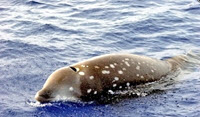
The Smithsonian recently published an article about how researchers are using sound or echolocation to learn more about the elusive beaked whale. Some of these whales live and forage in the vicinity where the Deepwater Horizon incident happened, and researchers are monitoring their numbers and location to learn how the oil spill may have affected Read More

Since the 2010 Deepwater Horizon (DWH) oil spill, there has been extensive data collection across the Gulf of Mexico region to better understand the economic impacts of the disaster, particularly on the fishing, seafood, and tourism industries in Gulf Coastal communities that were affected by the spill. There has also been a need to locate Read More
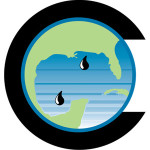
Researchers studied fish and seafloor sediments across the southern, western and northern Gulf of Mexico. Their goals were to understand the lasting impacts of oil spills and to develop baseline levels in Gulf waters. This aerial footage shows a sample of the work our researchers perform while aboard the R/V Weatherbird II. These studies include Read More

Scientists are finding fascinating discoveries in the largely unknown deep waters of the Gulf of Mexico. Some fishes, invertebrates, and bacteria have evolved a special adaptation to living in dark conditions using bioluminescence. What’s new is the discovery of specific bacteria species that live symbiotically on anglerfish and emit light. The Smithsonian recently published an Read More
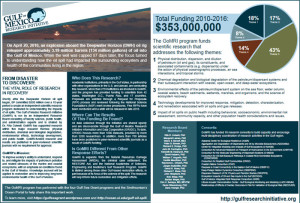
GoMRI has developed a new one-page information brochure about the research program. Use it at your next open-house, meeting, or conference.

The Smithsonian Ocean Portal posted a blog that describes the needs and challenges of sharing scientific data, especially unique data collected after a disaster such as the Deepwater Horizon oil spill. Featured are insights from Marcia McNutt, Editor-in-Chief of Science Magazine, and Chuck Wilson, Chief Scientist for the Gulf of Mexico Research Initiative. The blog Read More

Graduate student Nathan Laxague’s recent posts to the CARTHE blog describe the methods, experiences, and challenges of researchers working on the ongoing LASER expedition. You can read his entries here and here to keep up with the project’s development. Excerpt from the CARTHE Blog: “… Walton Smith is somewhere off the middle Keys, dressed to the nines with fancy Read More
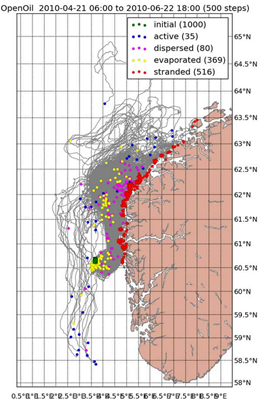
A new, open source software for modeling the trajectories and fate of particles (Lagrangian Elements) drifting in the ocean, or even in the atmosphere, has been developed a the Norwegian Meteorological Institute in cooperation with the Institute of Marine Research. The software, known as OpenDrift, is a generic framework written in Python. It is openly Read More

Click here to watch the conference presentations about research that helps answer “what have we learned, what does it mean, and how can it be used?” This year’s event was especially significant as the Principal Investigators of eight GoMRI consortia presented highlights during the opening plenary from their groups’ three-year research efforts. During a conference Read More

